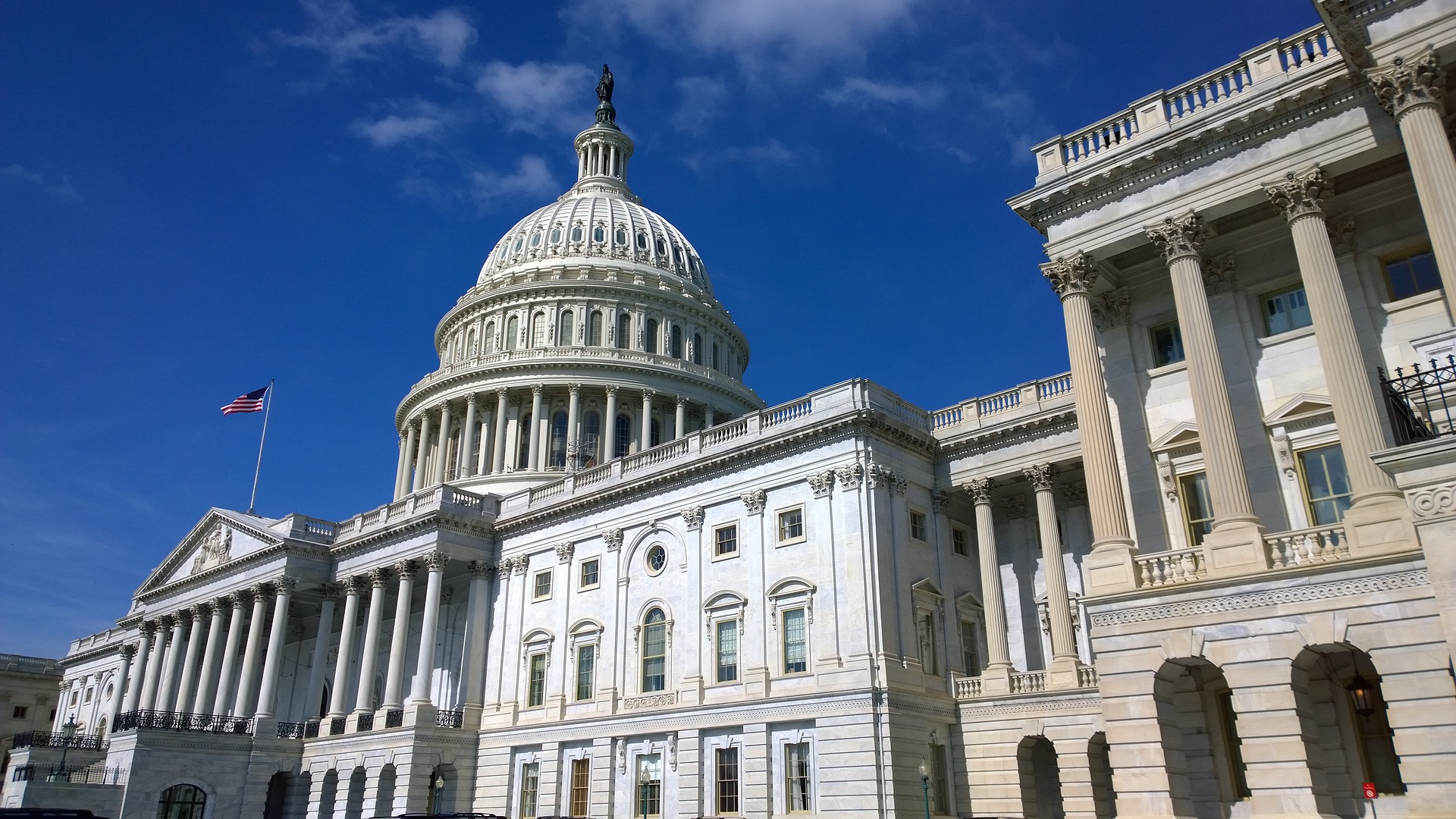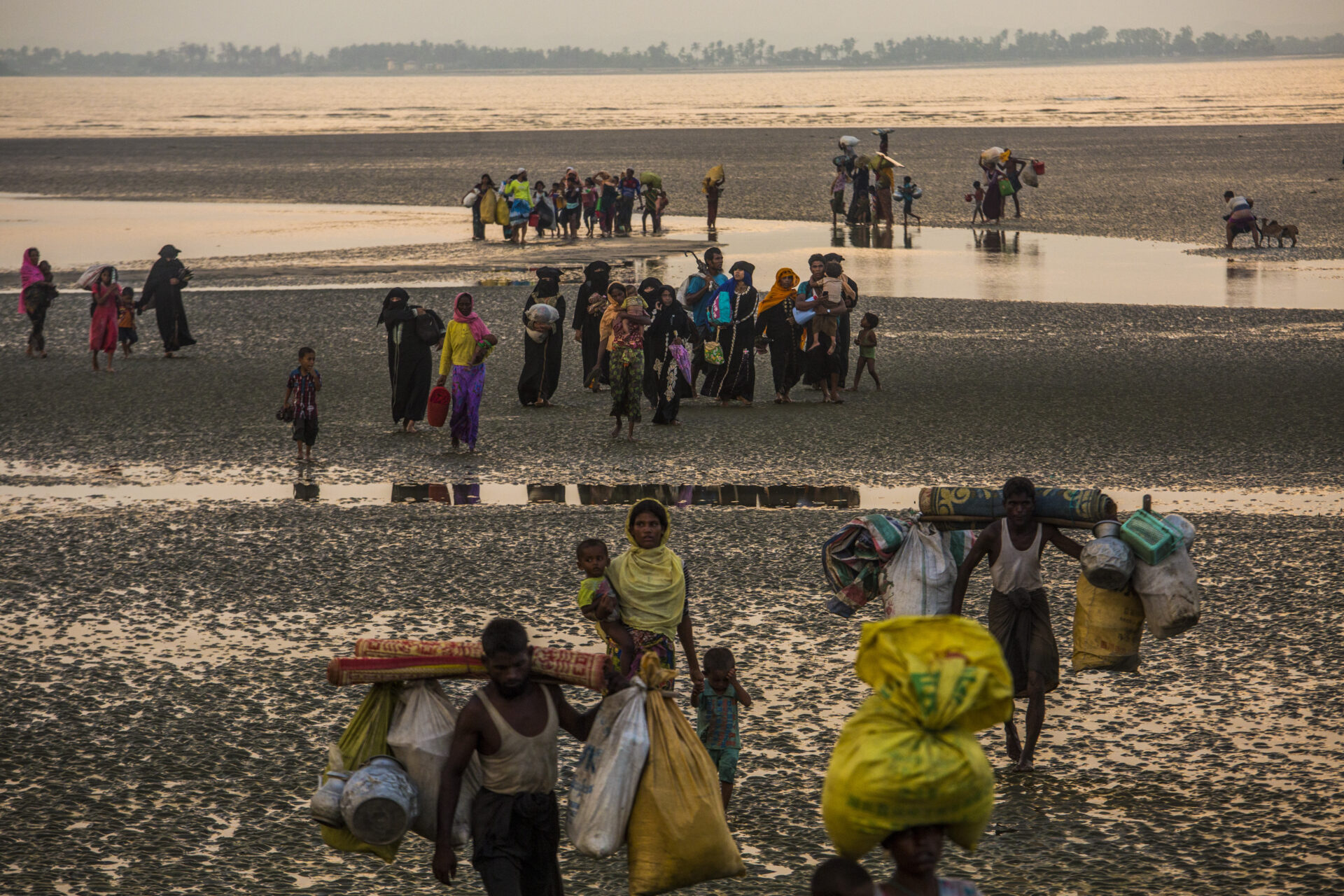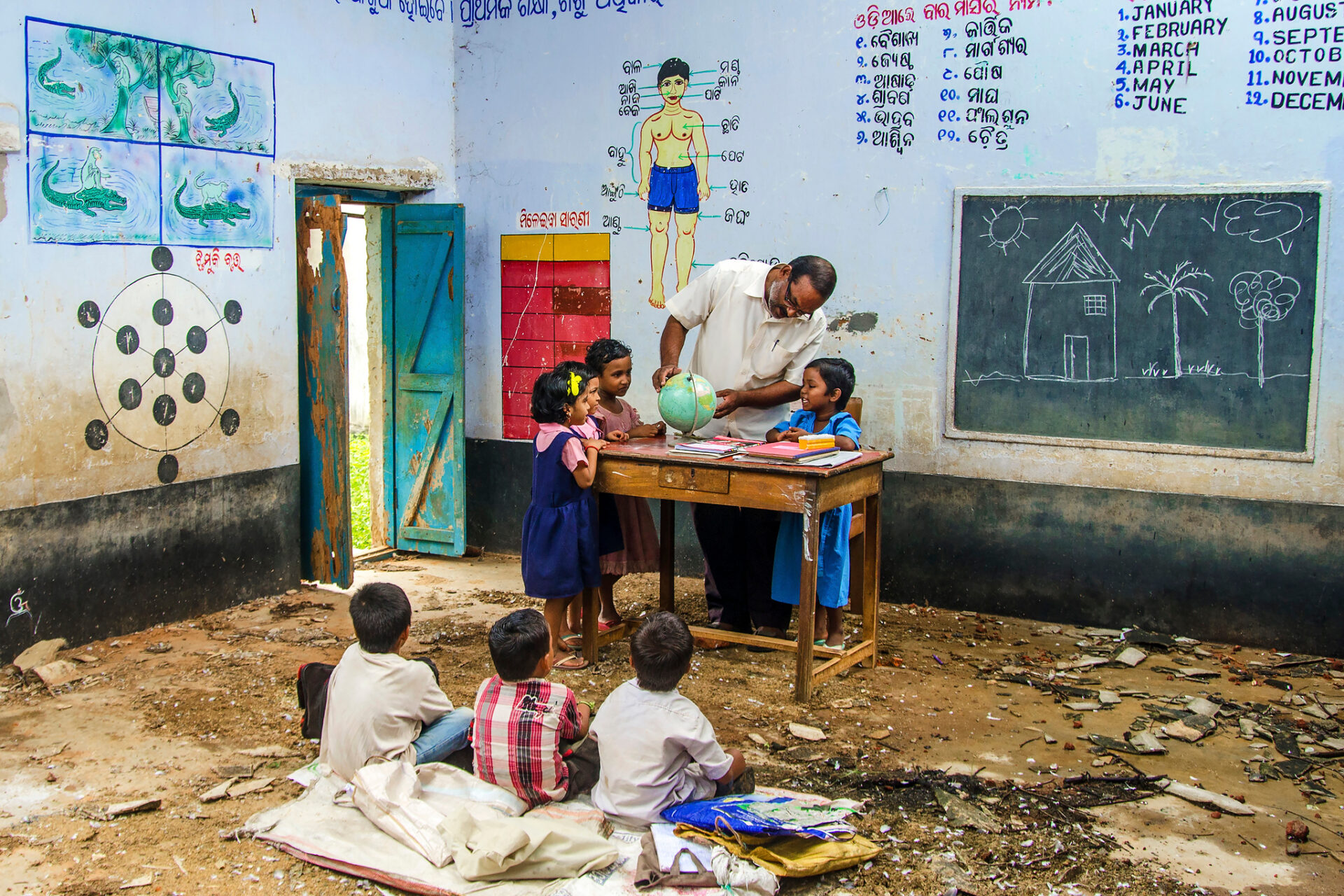
Choose to Invest
In Development & Humanitarian Action
Executive Summary
In 2023, the number of people that will need humanitarian aid globally—a record 339 million people—exceeds the population of the United States. More than 1% of the world’s population are displaced. And the democratic advances of the last 30 years have been eradicated, with closed autocracies increasing and freedom of expression deteriorating.
These rising challenges cannot be met with static budgets. Rather, they require substantial U.S. investment, engagement, and leadership.
The breadth and depth of issues facing the world is unparalleled in recent memory. The war in Ukraine has upended the lives of millions locally but also sent ripple effects worldwide in the form of global food supply chain disruptions, higher energy prices, and rising inflation. Climate change impacts are widespread and projected to drive tens of millions into extreme poverty. Additionally, an underfunded international aid and development system has been unable to adequately support vulnerable communities facing the convergence of conflict, economic downturn, and climatic risks. The result is an estimated 43.3 million people across 51 countries are on the verge of famine.
While U.S. investments have saved lives and helped limit the global loss of economic, social, and agricultural security, development gains made over the past twenty years continue to disintegrate. Unfortunately, these trends have yet to be accounted for in annual appropriations, creating a “funding cliff” once supplemental funding runs out, leaving needs unmet.
For the 13th year in a row, InterAction—the largest alliance of international humanitarian and development NGOs in the United States—has prepared Choose to Invest (CTI). CTI is a public resource to improve understanding of the critical accounts that fund international development, global health, humanitarian action, climate mitigation, and democratic strengthening. It provides information and funding recommendations across 55 accounts and activities primarily financed through the State, Foreign Operations, and Related Programs Bill. It also covers International food security programs funded by the Agriculture Appropriations Bill and international health and labor protections funded through the Labor, Health and Human Services, Education, and Related Agencies Appropriations Bill. Each account or activity includes its funding history and a recommended base funding level for F.Y. 2024 gleaned from the expertise of InterAction’s coalition.
The shocks presented by the COVID-19 pandemic, and quickly followed by the war in Ukraine, demanded additional funding above and beyond base funding levels. Congress provided much-needed supplemental funding to blunt the worst impacts of the global pandemic, the invasion of Ukraine, and subsequent food and fuel insecurity.
However, more is still needed. Absent a substantial increase in base funding or additional supplemental appropriations, humanitarian assistance will need to be significantly curtailed. In that scenario, the impacts of ongoing shocks will further undermine programs vital to ensuring continued economic growth and global security.
Browse the report online by clicking the sections below (note that the interactive portions of the resource are best viewed in Adobe Acrobat).









